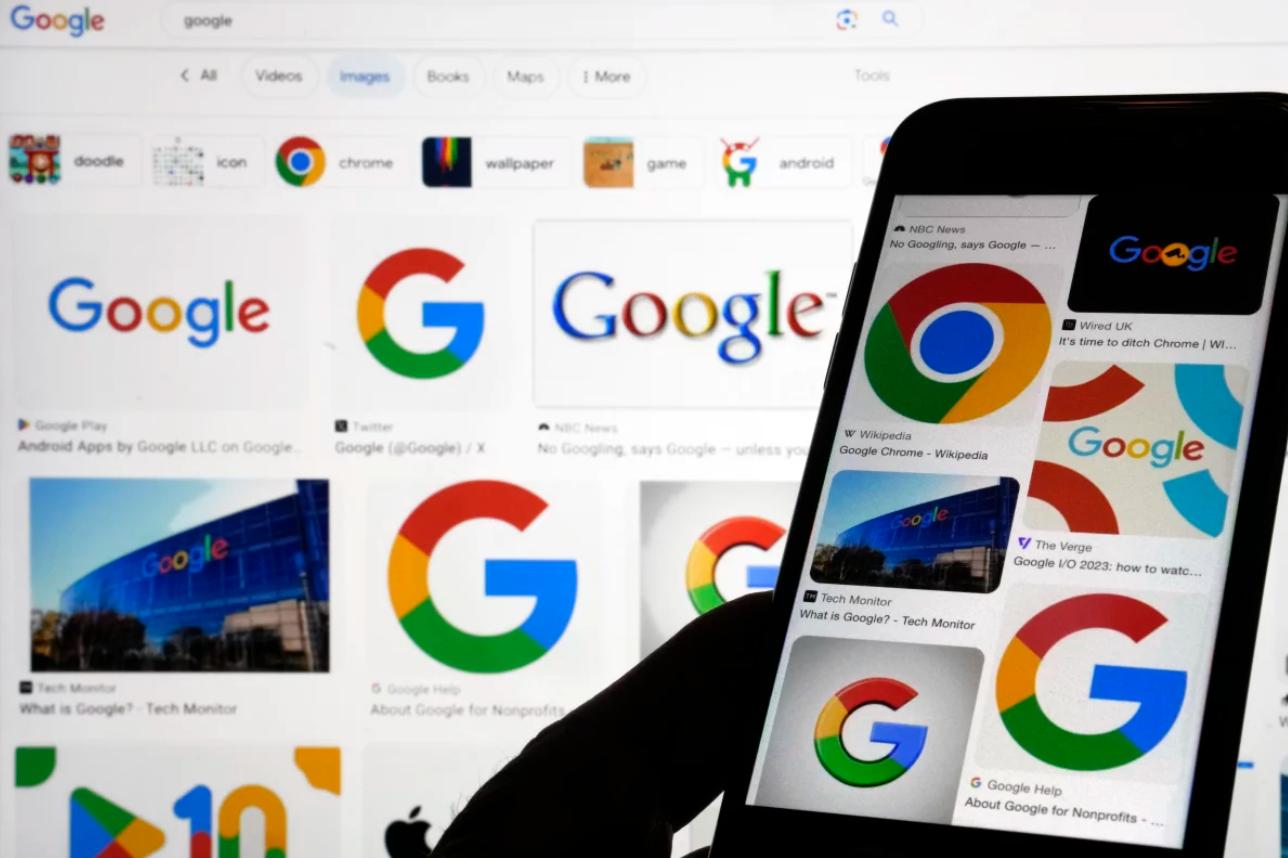
The antitrust war between the U.S. Department of Justice and Google is entering a critical stage. This lawsuit, which has lasted for several years, is not only related to the future fate of this technology giant, but also indicates that the global technology regulatory environment may usher in a new turning point. Judging from the direction of this trial, Google is facing not only fines or restrictions, but also the possibility of being forced to split, which is extremely rare in the history of Silicon Valley.
First of all, the case originated from the joint prosecution of Google by the Department of Justice and several states in 2020. The core accusation is that Google has reached an agreement with web browser and smart device manufacturers through huge payments to make its search engine the default choice, thereby artificially stifling market competition. Judge Amit Mehta determined in the preliminary trial that Google did have monopolistic behavior and used its dominant position to maintain and consolidate its market dominance. This ruling has laid the foundation for the hearing in the current relief stage.
Secondly, the current trial focuses on how to correct Google's monopolistic behavior. The plan proposed by the Department of Justice is radical, including prohibiting Google from paying pre-installation fees to companies such as Apple, and even requiring it to divest the Chrome browser and Android operating system. If adopted, these proposals will fundamentally reconstruct the product ecosystem that Google currently relies on. It should be noted that Chrome, as the world's most widely used browser, and Android's dominance in the global smartphone market, are the traffic entrance and data basis for Google's advertising revenue.
At the same time, Google strongly opposes this position, arguing that the remedies proposed by the government do not correspond to the actual illegal behavior and may even be counterproductive. They emphasize that such splits and prohibitions will inhibit technological innovation, deprive users of their right to choose, and force users to turn to alternatives with worse experience. This argument somewhat echoes the defense strategy used by Microsoft in antitrust cases in the 1990s, that is, its technological advantages are in the interests of users, not for market manipulation. This can't help but recall the case in 1998 when Microsoft was accused of abusing its dominant position in the operating system field and bundling its IE browser. Although the court initially ruled that Microsoft split, it eventually revised the judgment on appeal and the two parties reached a settlement. Ironically, it was this lawsuit that opened up a living space for emerging companies like Google. Today, Google has become another behemoth in the "post-Microsoft era", and for this reason, the historical significance of its trial is particularly eye-catching.
In addition, the impact of this case goes far beyond the search market itself. Antitrust law expert John Newman pointed out that once the court adopts all the government's suggestions, startups in emerging technology fields such as artificial intelligence may face a completely different competitive landscape in the future. He figuratively compared Google to "gravity", and it is difficult for users and developers to escape the gravity of its ecosystem. The government's move is an attempt to break this "technological fatalism" and restart market vitality.
It is worth mentioning that the Ministry of Justice has also adjusted some of the mandatory measures originally proposed. Originally, they intended to force Google to completely withdraw its investment in artificial intelligence companies, such as withdrawing its investment in Anthropic, but in the latest court documents, the government believed that this approach might inhibit the natural development of the AI field, so it abandoned the plan to completely withdraw its investment. This fine-tuning reflects that while the government is promoting fair competition, it is also carefully evaluating the potential impact on technological progress.
At the same time, Google's troubles are not isolated incidents. Just a few days before Google's hearing, a Virginia court ruled that it had illegal monopoly behavior in the field of online advertising technology. Meta CEO Mark Zuckerberg also testified in another antitrust case, showing that the U.S. government's rectification of technology oligarchs is no longer a "stop at the point", but a systematic action that advances on multiple fronts.
In summary, this legal battle against Google may become a turning point in technology regulation in the 21st century. Regardless of whether the final judgment leads to a forced split, it sends a clear signal to the technology industry: even a giant with a market value of trillions of dollars cannot override the law and market fairness. The future technology landscape may be redrawn as a result, and the development direction of Internet search, advertising, and even AI will become more open and diverse after this trial.

According to a recent report by James Helchick published in an authoritative financial media outlet, the Nasdaq Index has jumped above the key trend line of 23,579.10 points, aiming for the historical high of 24,019.99 points.
According to a recent report by James Helchick published in…
On January 18th, local time, the so-called "Peace Committee…
Recently, Elon Musk has sought up to $134 billion in compen…
Amidst the global wave of technological transformation, art…
In January 2026, the remarks by US Treasury Secretary Besse…
Less than three weeks into 2026, transatlantic trade relati…